Hurricane Sandy was a huge, ill-timed storm, which caused a great deal of damage and strife. Although it's sad that anyone had to suffer through it, it did highlight some key factors for being prepared for natural disasters. While we don't deal with hurricanes here in the Minneapolis area, we are subject to dangerous weather such as tornadoes and blizzards. And even less-threatening conditions can produce power outages. While we can't do much about preventing these storms, there are steps to take to help you survive bad weather while remaining in your home.
When you remodel your home, keep resiliency and the ability to survive during extended isolation from the grid by following these 6 steps.
1. Furnace Location If possible, install your new furnace on a higher floor instead of in the basement. This will cut down on the likelihood of flooding. If this isn't possible, select model of furnace which can be installed on a pedestal.
2. Backup Heating Add a backup heat source, like a high-efficiency wood or pellet stove - something that doesn't require electricity to operate. Keep in mind that some of these require power to run the blowers, so find out first whether the stove will still provide adequate heat in the event of loss of electricity.
3. Hand Pump (For Those With Wells) Most well pumps today run off electricity, so when it goes off, water is no longer available. To avoid this, install one of the many hand pumps on the market. Quite a few models can bring water from a depth of 250 to 350 feet.
4. Solar Power If you don't already have solar power, consider installing it. Many systems allow you to add a small battery backup for use during an emergency. Soon, inverters will be available which will allow you to continue using your solar power even after you've been cut off from the grid. Currently, electric companies turn off inverters to solar power systems in order to keep their workers as safe as possible as they work on restoring power after an outage.
5. Go Electric Convert all your appliances to electric from natural gas. By eliminating dependence on natural gas, doing this will cut down on the risk of exploding gas lines after disaster.
6. Backup Power Consider purchasing a backup biodiesel generator or portable solar panels. These can provide enough power for your basic electronic needs.
By being prepared for the aftermath of a storm or other types of natural disaster, you’ll be able to achieve normalcy more quickly and perhaps help your neighbors more efficiently as well.
Subscribe to Quarve Contracting's Blog


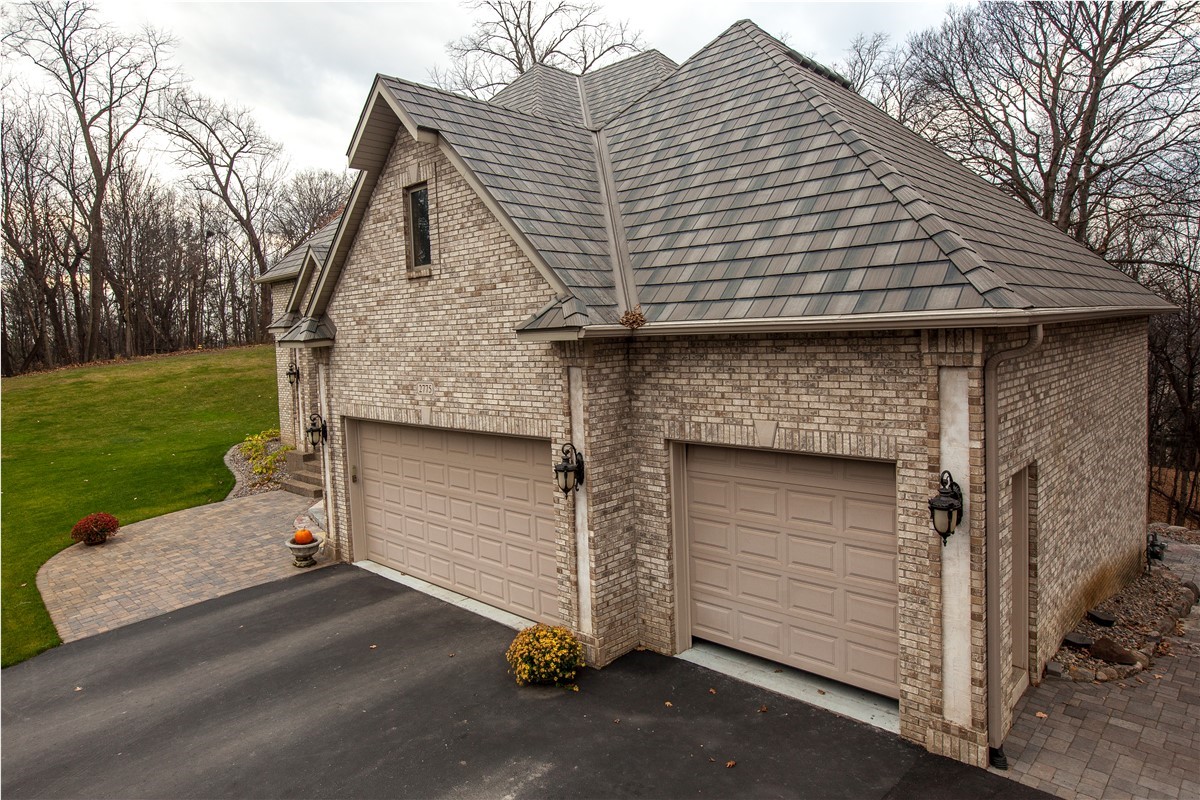
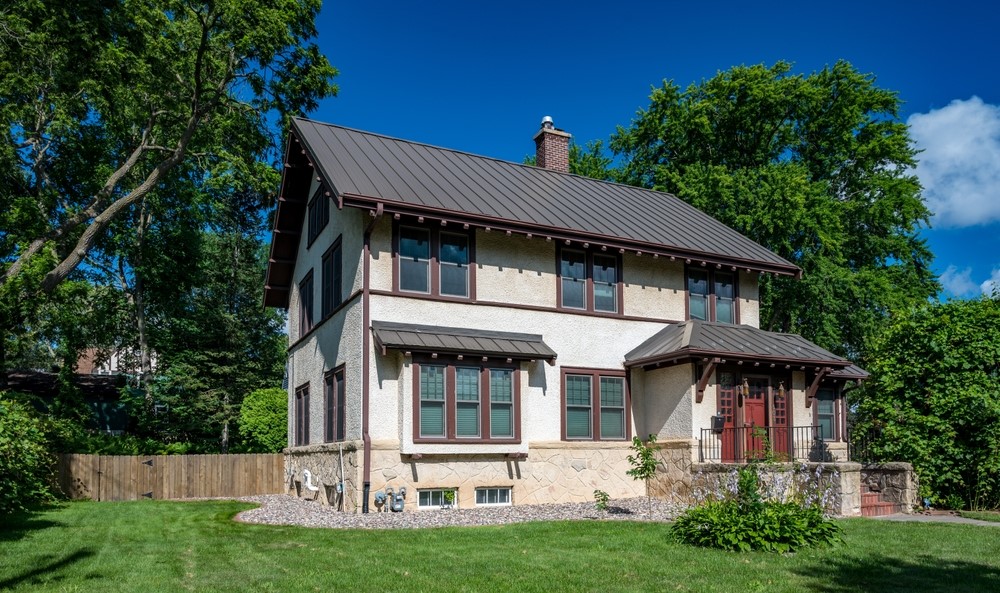
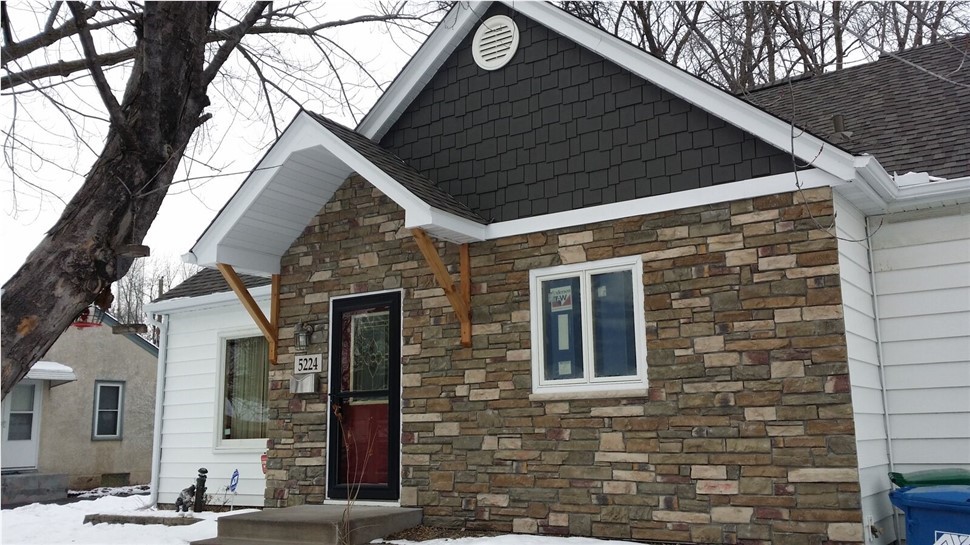
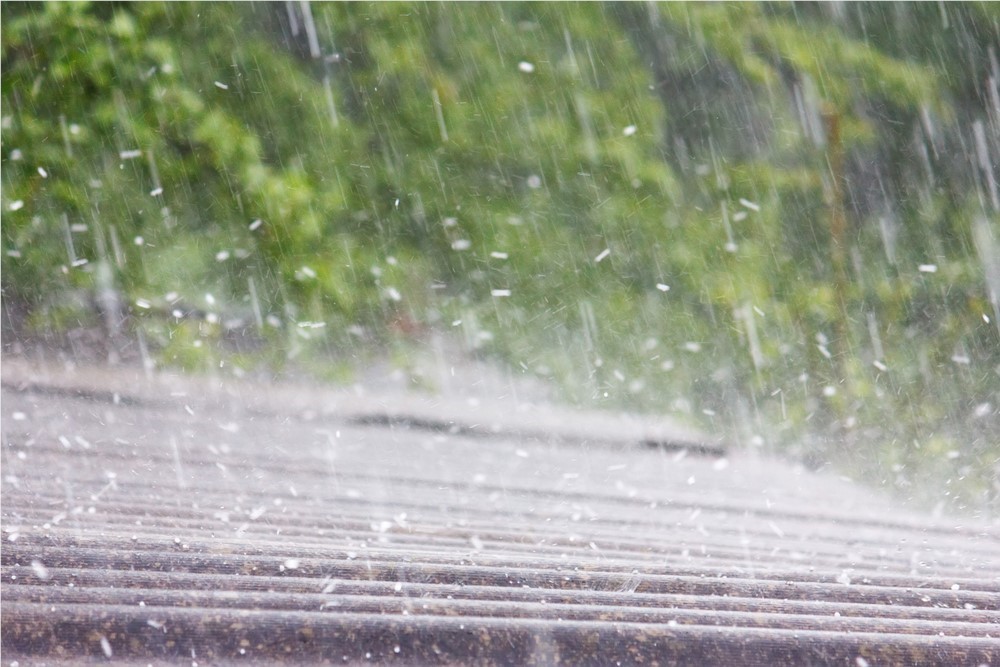
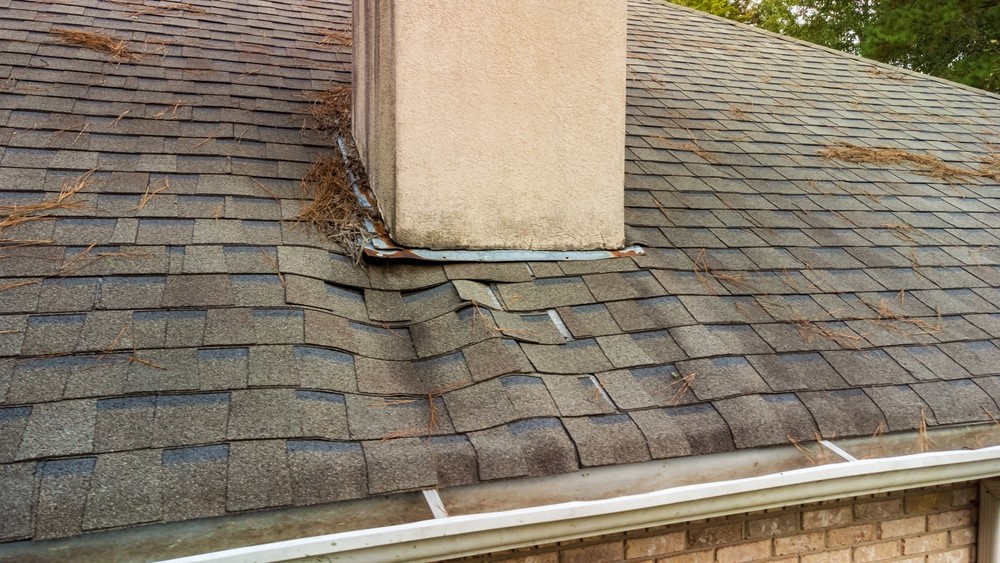
Comments